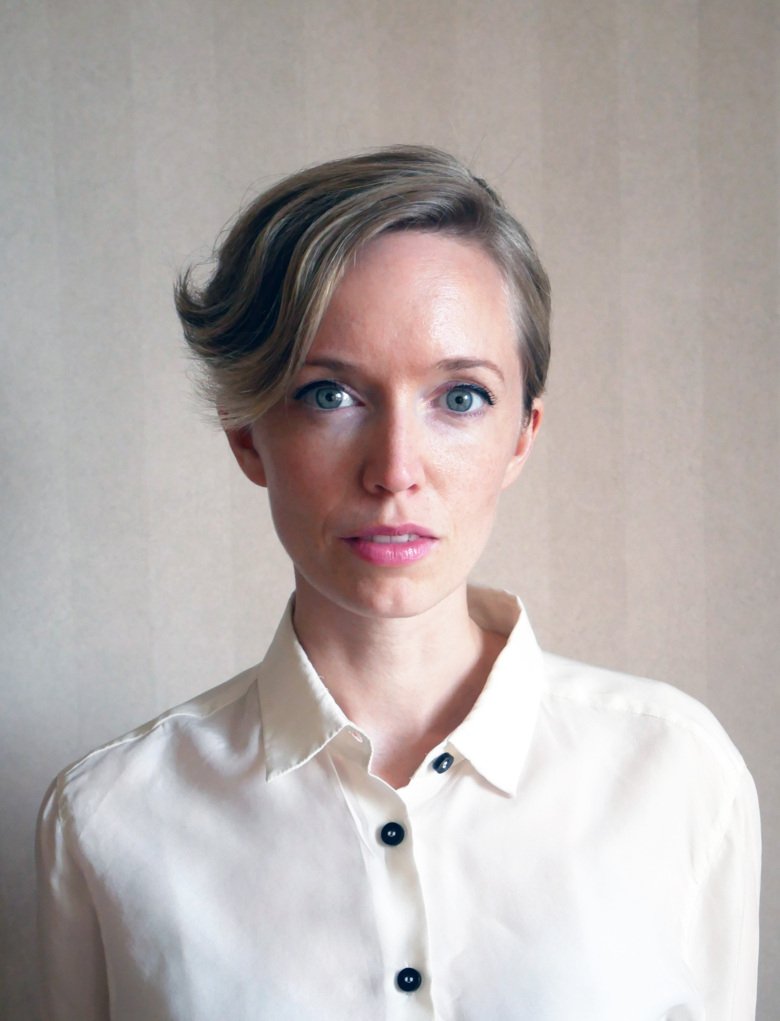New thesis about how materialities come to matter in everyday life in dementia care units and in end of life care
Hi Helena Cleeve, PhD student at the Division of Occupational Therapy (NVS). On November 6 you will defend your thesis “Mundane mattering : how materialities come to matter in everyday life in dementia care units and in end of life care”. What’s the main focus of the thesis?

My thesis focuses on how materialities (for example hands, coffee cups, napkins, and newspapers) participate in specific enactments of care and of daily life in dementia care units and in settings where people are cared for towards the end of life. The research draws on interviews, workshops, and ethnographic fieldwork. I have also made Illustrations and drawings as a way to study issues concerning materialities.
What are the most important results?
Materialities in these settings are often routinized in such a way that they tend to be treated as definitive and trivial. In relation to this, the notion of “mundane mattering” is formulated. Mundane mattering denotes instances where informal practices of residents, patients, family members, and staff members involving seemingly mundane materialities offer possibilities for shaping daily life, identities, and agencies. In such instances materialities come to matter in particular and situated ways, temporarily interfering with the trivialization of things. Drawings and illustrations offer means for understanding these moments as they introduce new ways of seeing a situation, making it possible to notice what is ethically at stake. Furthermore, such visuals can provide space for reflecting on alternative ways of living and caring in these settings.
How can this new knowledge contribute to the improvement of people’s health?
Seemingly trivial material things are often entangled with important ethical issues concerning integrity, care, and agency. The thesis illustrates that what something ‘is’ and what it ‘does’ cannot be assumed. This underlines the importance of understanding the situation at hand. How materialities matter is a more or less overlooked aspect of living and working in these settings. Nonetheless, it is a complexity which staff members have to navigate. To create time and space for collegial reflection could improve daily life for residents and their family members.
What is in the future for you? Will you keep on conducting research?
I hope to continue working in research, and hopefully in interdisciplinary contexts. Drawing on my thesis, I would be particularly interested in how reflections concerning materialities could become a regular part of care organizations. I am also interested in contributing to the advancement of visual methods.
